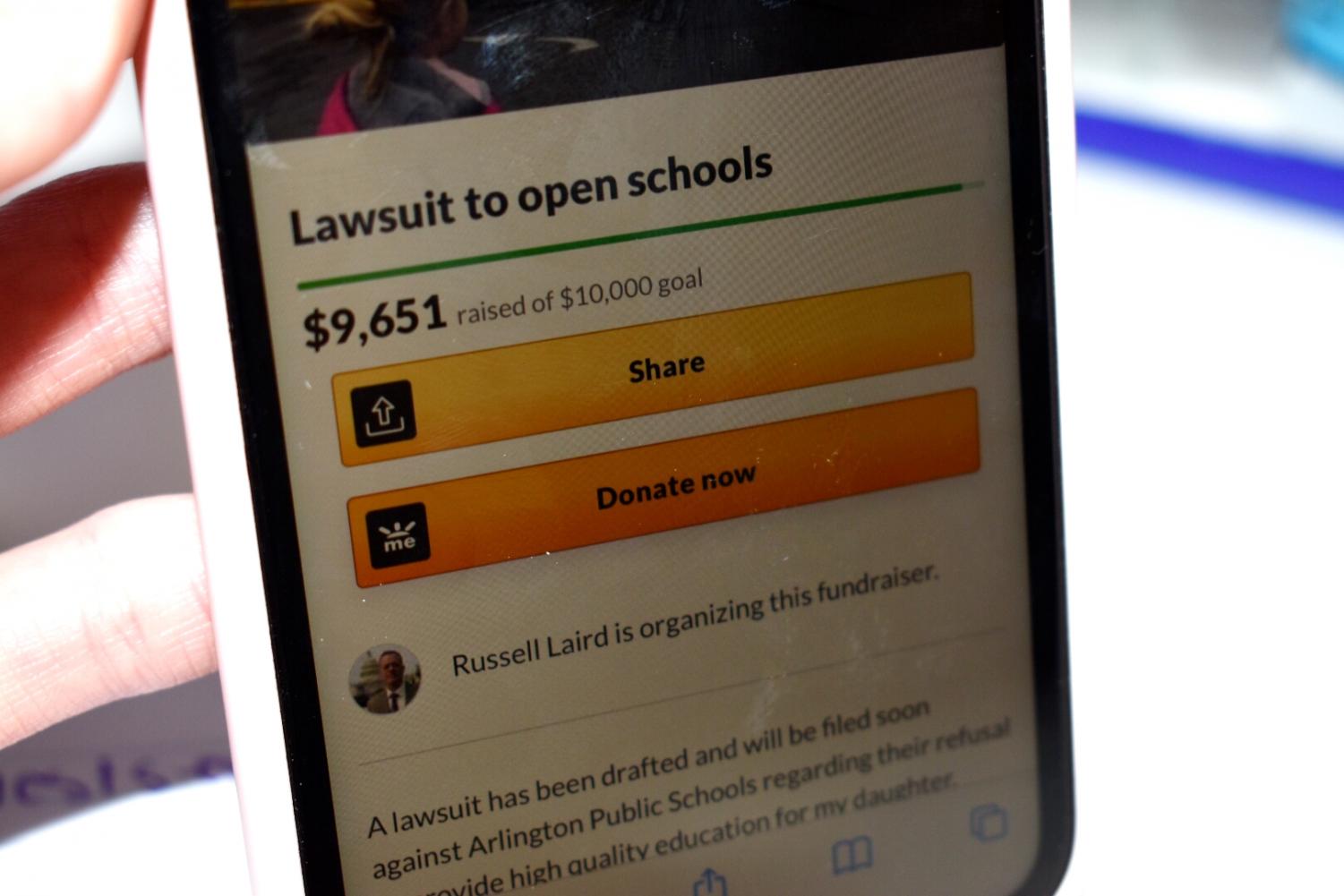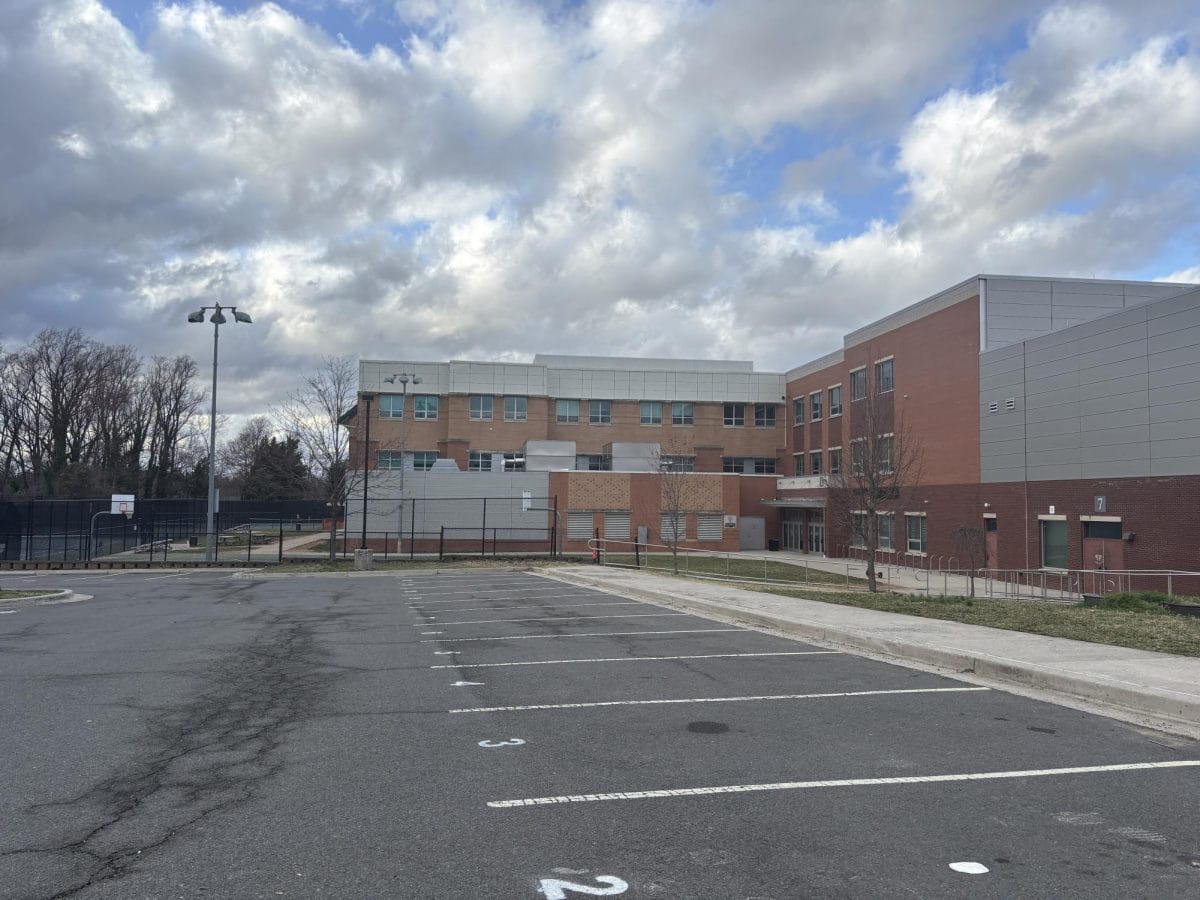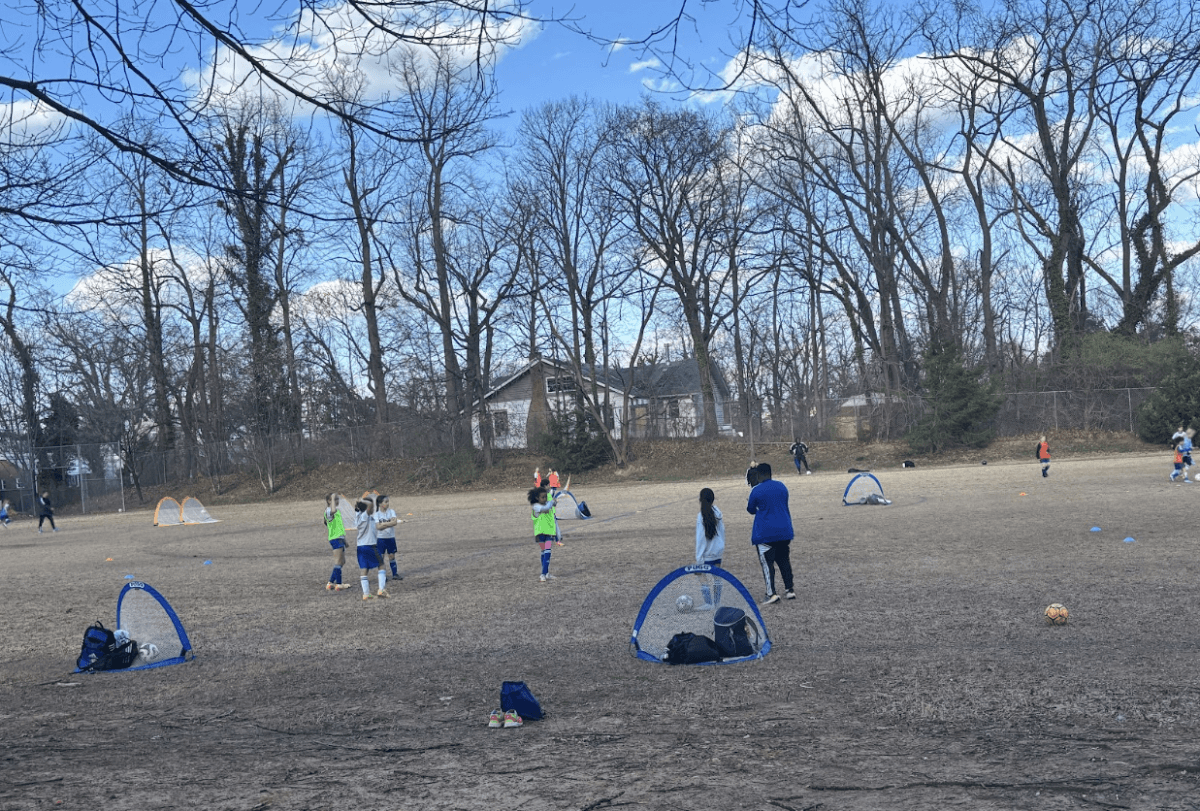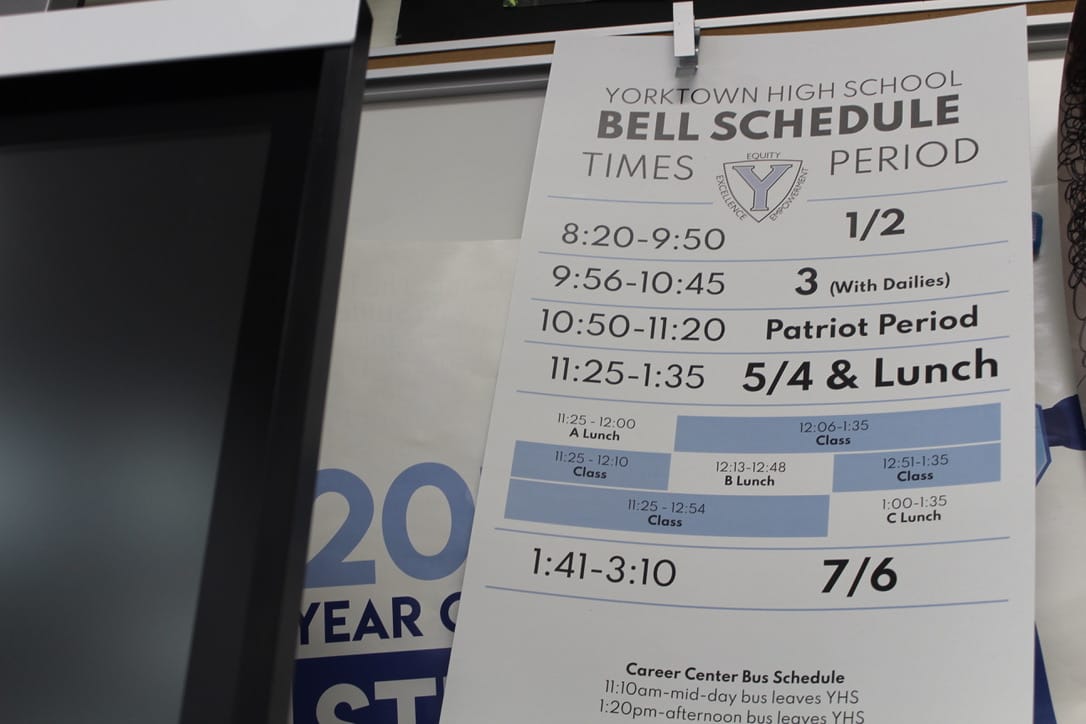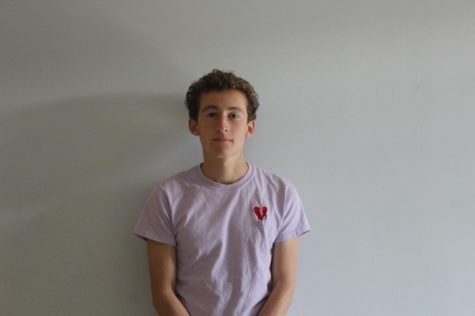A dangerous new strain of the virus. 4,000 deaths in a single day. Cases in the area soaring daily. Yet, despite these desperate circumstances, Arlington Public Schools (APS) is preparing to send over 28,000 students back to classrooms in March.
The decision followed a nationwide call for schools to reopen, a win for parents who have been vocal about the need since September. However, students and teachers alike are concerned about the safety of a hybrid model and question whether the standard of learning will significantly improve with half-online, half-in-person classes.
“If a teacher has to sit at their desk, and students are sitting at their desk, and a student can’t get up and move around, and a teacher can’t go over to help a student when they’re struggling with something, and you’ve got online people as well as people in the classroom, I’m not sure how that’s going to work,” history teacher Kevin Bridwell said.
The Virginia Department of Health (VDH) identified the first case of B.1.1.7, the COVID-19 variant that escaped the borders of the United Kingdom, in Northern Virginia as recently as January 25. Yet the calls from Governor Northam and President Biden for schools to reopen ‘safely’ serve another blow to the already tired nation.
After months of debate and deliberation, an outline was finally released by Superintendent Dr. Francisco Durán on February 9, detailing the hybrid start dates for each grade level.
According to the update, students who selected a hybrid option will attend school two days a week, either on the Tuesday/Wednesday block or the Thursday/Friday block. During the week of March 2, Pre-K through 2nd-grade students will return to school, with 3rd through 5th-grade students and 6th and 9th graders joining them the following week on March 9. Finally, 7th and 8th-grade students, as well as 10th, 11th, and 12th graders, will follow throughout the week of March 16.
Looming ahead is March 13th, the last day students were in the classroom. However, it remains unclear what the exigence for this sudden decision is. One possibility is a nationwide rush to get students back in school before this looming anniversary. Another could be the mounting pressure from the county’s parents, including a recent lawsuit filed by a parent last month who was upset with the lack of in-person learning options provided by APS during the pandemic.
Although APS is taking precautions such as installing Certified Air Cleaning Devices (CACDs) and upping sanitation methods, the rushed start and unclear dates are leaving school members confused.
“I don’t think it’s worth it to go into a hybrid situation when the [COVID-19] situation is not ready for it. So I just think that it’s poor planning and it’s too rushed and I just don’t think it’s a good idea and I don’t think it’ll solve any of the problems that I am currently dealing with in regards to online learning,” senior Molly Lane said.
Students and teachers nationwide are facing extraordinary challenges regarding online learning, but a hybrid model in the midst of a pandemic is a precarious solution.
“While part of me is deeply eager to get back in person with my students, another part of me wants to be a good global citizen and think about what the impact is going to be on our whole community if we’re all back in person potentially spreading the virus to each other,” Launa Hall, a kindergarten teacher at Carlin Springs Elementary School, said.
For Hall, teaching kindergarten online has been bittersweet. Hall and her colleagues have developed contraptions such as bird cameras and close-up photos of butterfly nets to keep their students engaged. While these modifications prove to be a comparable substitute for in-person demonstrations, Hall and fellow teachers worry about the social opportunities her students are missing out on.
“Online learning has been something of an oxymoron — I like to tell people that it feels like an oxymoron to me to be teaching kindergarten online since kindergarten is meant to be a hands-on, in-person, human to human learning experience and that is how it functions best, so teaching kindergarten online has had its very very good moments and my super colleagues and I have figured out ways to deliver kindergarten online — and ways that we’re quite proud of … we’ve figured out ways to manage this, but is this as good as in-person kindergarten? No, of course not and it never could be.” Hall said.
Learning virtually has taken its toll on the development of students — from six-year-olds to eighteen-year-olds — as asking a teacher for help or going over a problem becomes a fiasco online.
While parents across Arlington continue to drive their ‘open schools now’ signs into the ground, they may be mistaking dirt for concrete.
Some have blamed a lapse in education on the lack of one-on-one, teacher-to-student support, while others seek a productive in-person environment where their child can focus or interact with peers. These needs are real and they are recognized, but the reality remains clear: the flimsy hybrid plan currently described by APS is not the immediate or correct solution to the problems APS students face.
In all of the stress, frustration and loss that COVID-19 has inflicted on the families of our county, why risk it now? The pressing question is this: safety or education?
“… safety first. Without a doubt. You can’t teach people who are afraid or who are…. But on the other hand — in the elementary schools — it’s hard to teach virtually to kids. I can’t imagine trying to teach 2nd graders and to keep them focused online. From where I am right now — in my little bubble of high school with knowing [they] all have the right tools — it’s safety,” Bridwell said.
Online learning has caused a number of difficulties for Arlingtonians. Families have struggled with keeping their children focused and keeping food on the table. Older siblings have had to help younger ones while their parents are at work while other students have been unable to find a productive learning environment in their basement or bedroom. Despite all of these factors, the safety of not only our students but of all community members is not worth putting at risk — ever.





































